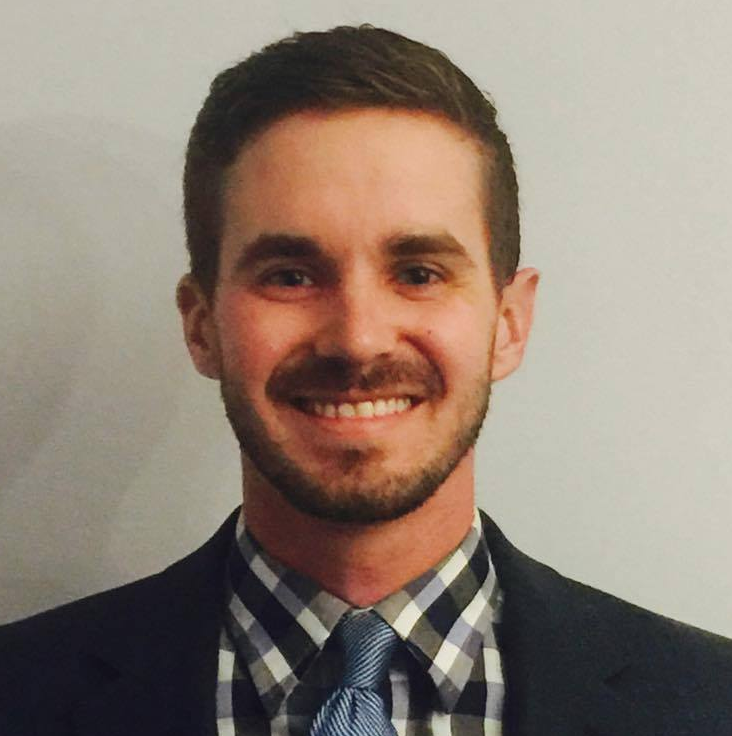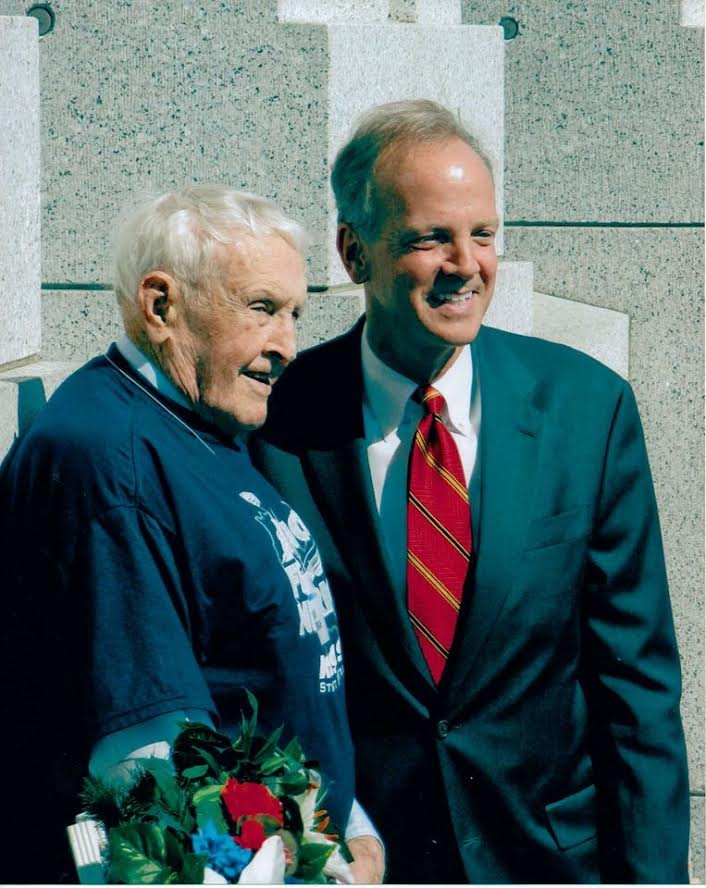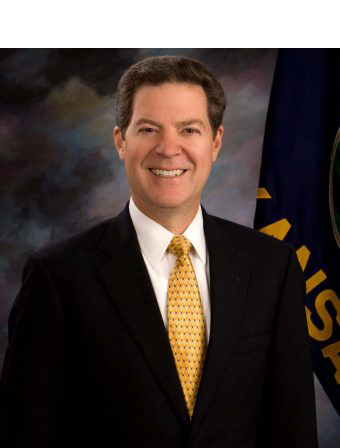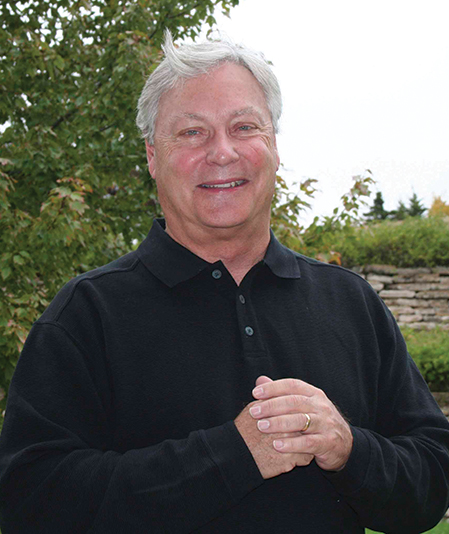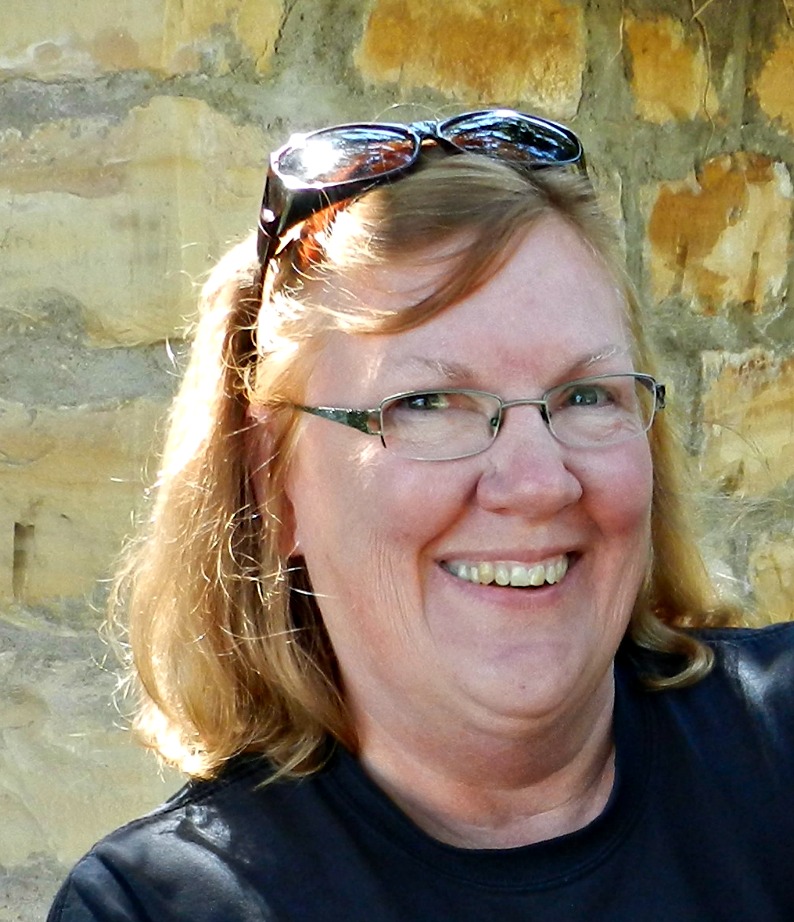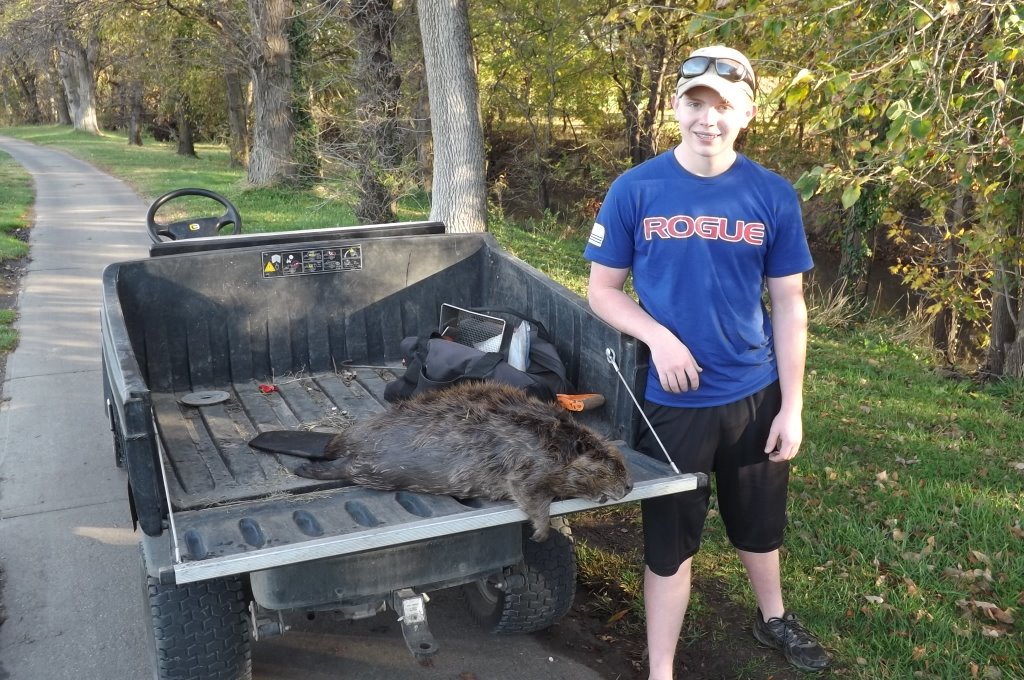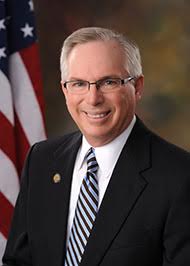There are over 1,000 miles between Hays, Kansas and Washington, D.C., but that doesn’t stop assuming federal agencies from imposing burdensome programs, rules and regulations that they “think” are best on our local businesses and farmers. One of these issues is the Renewable Fuel Standard (RFS).
The RFS was created in 2005 to increase demand for renewable fuels and reduce greenhouse gas emissions by requiring a certain percentage of ethanol and biofuels be mixed into automobile gasoline. Along with other benefits, corn ethanol is another source of octane that allows fuel refiners to pass certain octane requirements.
Personally, I do not like the idea of a government mandate that dictates what type of fuels refiners and consumers must use, but there is a lot of support for the RFS in Kansas. It has boosted the demand for corn and ethanol in the state, and given a lift to our state’s economy.
However, the Environmental Protection Agency (EPA) is set to take over complete control of the RFS in 2023 with free reign over required blending levels for corn ethanol, which is bad news for the industry in Kansas. Already, the federal agency has used its power to waive down required blending levels for corn ethanol in 2016 and 2017 rules. Furthermore, the EPA recently proposed an update to the RFS that includes the promotion of electric vehicles. This proposal would further edge corn ethanol out of the marketplace.
As a small business owner and native of Kansas, I am very involved with my community, including other small business owners and our local farmers. A common thread between us is the uncertainty that we all feel due to onerous regulations from federal agencies like the EPA. If the EPA takes over the RFS in 2023, elected leaders from Kansas will have no say over what happens to the program.
Given the agency’s history, it is likely that corn ethanol will be completely phased out and replaced by advanced biofuels and electric vehicles. For farmers, this uncertainty means it is nearly impossible to plan for the future or reinvest in operations and create jobs.
This is what happens when the EPA is allowed to pick winners and losers in the marketplace. Government mandates are unfair, they artificially inflate demand and distort the marketplace, and ultimately reduce competition and increase prices for consumers. In this case, Kansas corn farmers and ethanol producers got a temporary boost, and now they’ll suffer as a result of an irresponsible federal agency that is looking to push fuels that are not produced from oil or corn.
Therefore, the most rational solution would be to remove the EPA from the fuels market in 2023 and allow the free market to correct the distorted marketplace. The RFS helped create a strong market for ethanol, and it is now strong enough to stand on its own. Conventional ethanol is the most affordable source of octane on the market, and it would thrive without the agency’s ceiling. An unelected government agency should not be allowed to control the fate of Kansas businesses and farmers.
It’s time to cut the agency’s leash and allow all fuels to compete on a level playing field.
Dustin Roths, Hays, is a small business owner, free market advocate and proud Republican in western Kansas.
